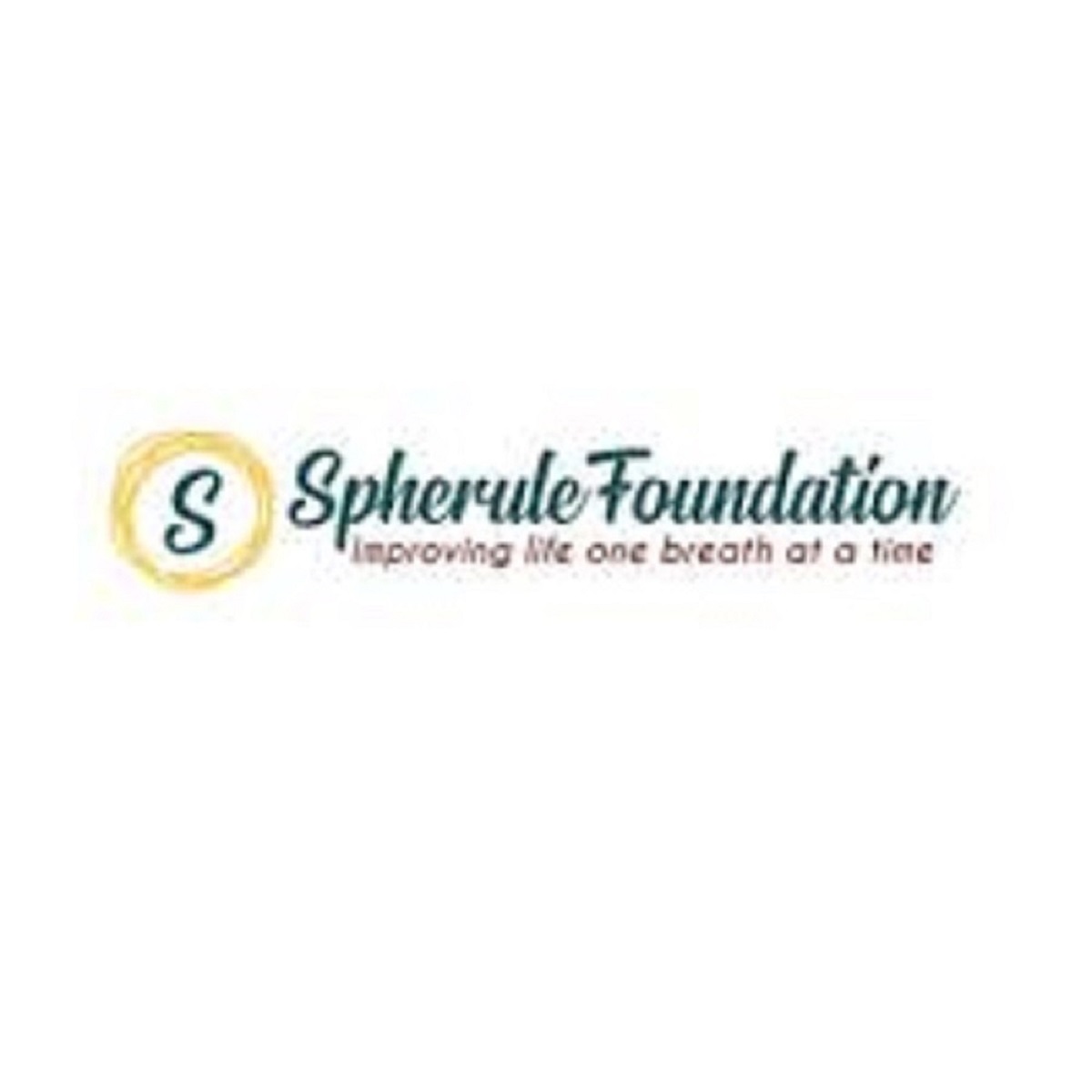
A Guide for HR and Employers
POSH Compliance Checklist: A Guide for HR and Employers
Ensuring compliance with the Prevention of Sexual Harassment (POSH) Act is not just a
legal requirement but also a fundamental step in fostering a safe and respectful work
environment. The POSH Act mandates that employers establish clear policies and
mechanisms to prevent, address, and resolve complaints of sexual harassment at the
workplace. For HR professionals and employers, following these guidelines is essential for
maintaining compliance and cultivating a positive organizational culture.
Key Steps for POSH Compliance
1. Establish an Internal Complaints Committee (ICC)
Organizations must set up an ICC to handle complaints related to workplace harassment. The
committee should include a senior woman employee, an external expert (such as a
representative from an NGO or a legal professional), and other relevant members. Ensuring
accessibility, confidentiality, and impartiality in handling complaints is crucial for building
employee trust.
2. Develop a Comprehensive Sexual Harassment Policy
Employers should draft a clear and well-defined policy that outlines what constitutes sexual
harassment, the grievance redressal process, and the procedures for handling complaints. This
policy must be communicated effectively to all employees to ensure awareness and
understanding of their rights and responsibilities.
3. Conduct Awareness Programs and Training
Regular training sessions should be conducted to educate employees about workplace
harassment, the legal framework, and the process for reporting complaints. These programs
should be inclusive of all levels, including leadership, to ensure consistent enforcement of
policies. Organizations can also seek support from experienced organizations like Spherule
Foundation, which specializes in POSH training and awareness programs tailored to different
workplace environments.
4. Implement an Effective Complaint Mechanism
A safe and transparent reporting system should be in place, allowing employees to lodge
complaints without fear of retaliation. A well-structured grievance redressal mechanism
ensures that reports are taken seriously and addressed promptly.
5. Ensure Fair Investigation and Resolution
Upon receiving a complaint, the ICC should conduct an unbiased investigation
within a reasonable timeframe. The proceedings should maintain confidentiality for all parties
involved, and the complainant should be kept informed about the progress of the case.
6. Offer Redressal and Support
If the investigation confirms misconduct, appropriate action should be taken against the
offender. Additionally, measures should be in place to support the complainant, such as
counseling, legal assistance, or workplace protection from further harassment. Organizations
can collaborate with experts like Spherule Foundation, which provides guidance on offering
the right support systems for affected employees.
7. Maintain Proper Records
Documentation of all complaints, investigations, and resolutions should be securely
maintained for at least three years. Proper record-keeping enhances transparency,
accountability, and serves as a reference for future policy improvements.
8. Conduct Regular Compliance Reviews
Organizations should periodically assess the effectiveness of their POSH policies, complaint
mechanisms, and training programs. Identifying and addressing gaps helps in ensuring
continued compliance with the Act.
9. Appoint a POSH Compliance Officer
A designated officer or committee member should oversee the implementation and
monitoring of POSH policies within the organization. This ensures consistent adherence to
regulations and prompt resolution of any concerns.
10. Promote a Positive Workplace Culture
Fostering an environment that prioritizes respect and inclusivity is key to preventing
workplace harassment. Employers should adopt a zero-tolerance policy towards harassment
and actively promote a culture of dignity and safety for all employees.
Encouraging Compliance Through External Support
Organizations may benefit from expert guidance in implementing POSH compliance
effectively. External agencies and professionals can provide training sessions, policy
guidance, and support in handling sensitive investigations.
Spherule Foundation has been actively working with organizations to develop strong POSH
compliance frameworks. Their expertise includes conducting awareness sessions, training
ICC members, and ensuring that companies create a work environment that prioritizes safety
and respect. By integrating best practices and seeking guidance from such organizations,
workplaces can go beyond legal compliance to foster an inclusive and supportive atmosphere
for all employees.

Comments